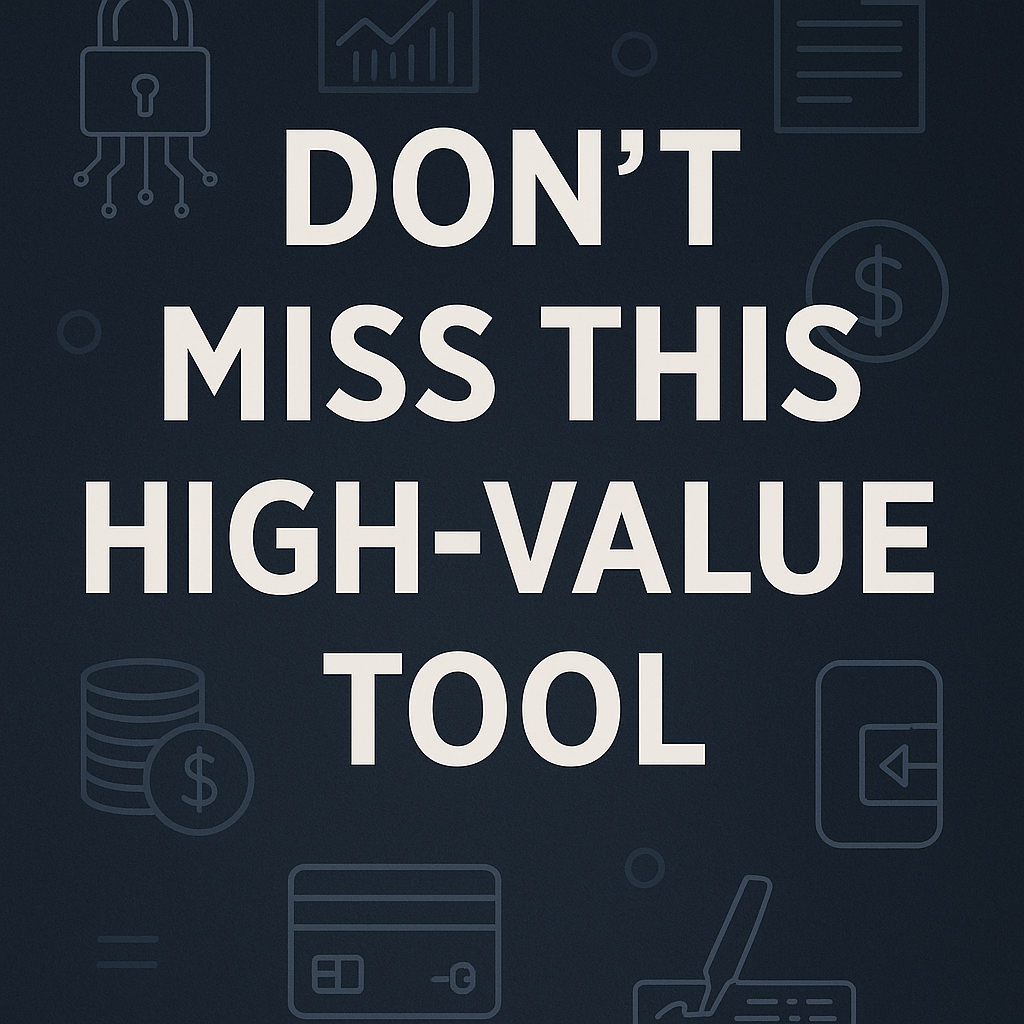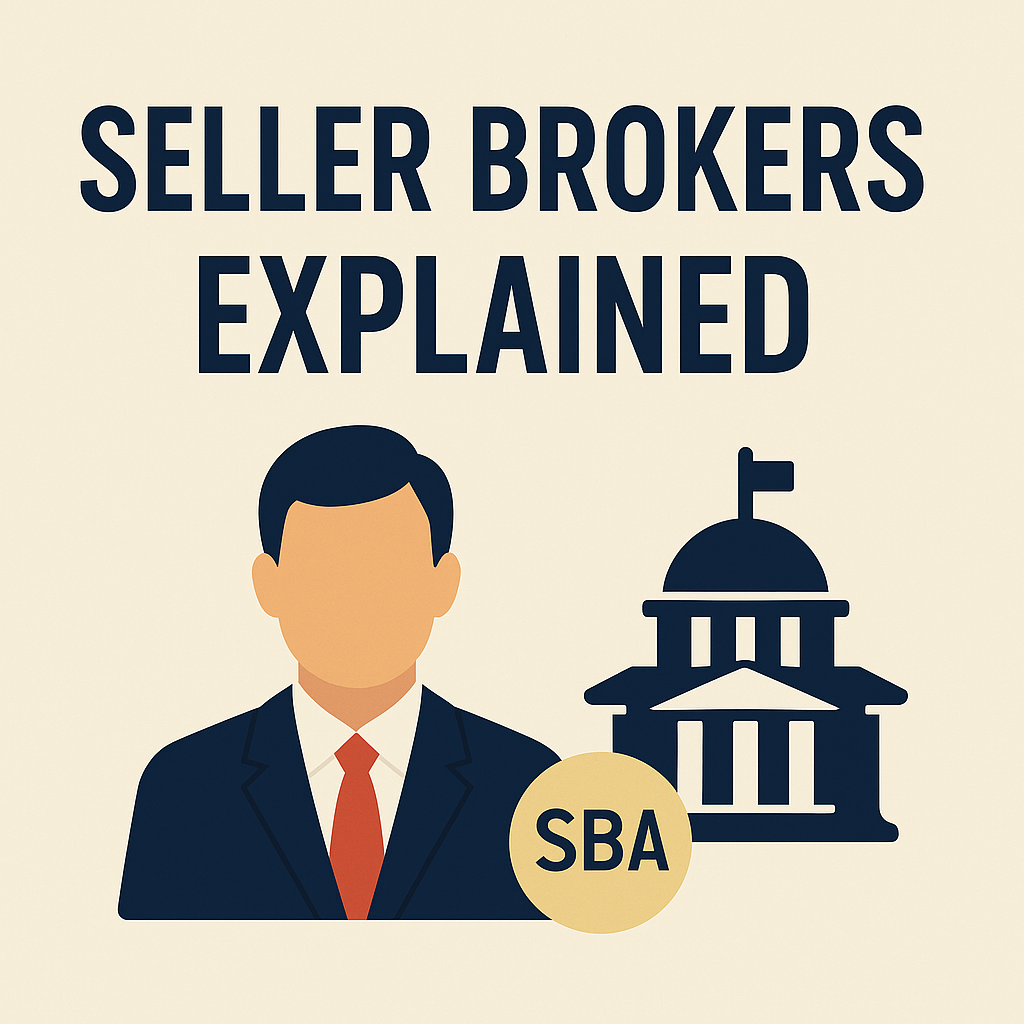
Who’s On My Buy-side Deal Team?
- General
- October 24, 2025
Buying a business isn’t a solo act — it’s a team sport. The people around you determine not only how smooth your deal goes, but whether you get what you actually think you’re buying. Let’s break down who’s who on both sides of the table.
The Buyer’s Accountant — The QoE Analyst
Your accountant is your numbers person. Their job isn’t just to look at tax returns — it’s to perform a Quality of Earnings (QoE) analysis, which tells you what the business actually earns after stripping out one-time events, personal expenses, and other noise.
A strong QoE report will:
- Adjust EBITDA to reflect true, normalized earnings.
- Identify risk areas in revenue recognition or expenses.
- Highlight working capital requirements and cash flow sustainability.
If the QoE isn’t done right, you’re flying blind — and small inaccuracies can translate into massive overpayments.
The Buyer’s Lawyer — The Deal Protector
Your lawyer runs legal due diligence and drafts the definitive agreements that protect you. They’re looking for hidden liabilities, bad contracts, HR violations, and regulatory gaps.
Once diligence is done, your lawyer structures the transaction documents — the LOI, the Asset or Stock Purchase Agreement, the Disclosure Schedules — to allocate risk properly. Their mission: make sure you get the deal you thought you were getting, and that you can enforce it if something goes wrong.
The Buyer’s Broker — The Commercial Negotiator
Your broker (sometimes called a buy-side advisor) is focused on the commercial side — valuation, deal terms, and negotiation strategy.
They’ll push for things like:
- Realistic purchase price and structure (seller notes, earn-outs, holdbacks).
- Reasonable closing timelines.
- Balanced representations and warranties.
Your broker helps you stay strategic while your lawyer protects you legally. Together, they keep the deal fair and defensible.
The Seller’s Broker — The Closer
The seller’s broker’s job is clear: get the deal closed. Their duty is to the seller — not you — and their incentives align with speed and certainty of closing.
They want to keep momentum and avoid “deal fatigue.” Expect them to resist delays for deeper diligence or revised terms. That’s normal — just remember, their loyalty isn’t to you. Stay professional, but don’t let them rush you.
The Seller — The Human Factor
At the end of the day, sellers are people. They’ve built this business and want to see it continue — but they also want a clean, reliable exit.
If you’re constantly renegotiating, nitpicking, or stalling, they’ll lose trust. The best buyers are transparent, reasonable, and move with purpose. Build credibility early, and you’ll be amazed at how cooperative a seller becomes.
Bottom Line
Every successful acquisition comes down to alignment — your team protecting you, and you maintaining trust with the other side. Know who’s on your team, know who’s not, and play your position.
(c) 2025 Prencipe International / M&A Advisory Specialists — For educational purposes only; not legal or tax advice.





